Almost half of people with diabetes suffer a loss of sensation in their extremities due to nerve damage known as peripheral neuropathy, leaving some unaware when they have an open wound on one of their feet, let alone when it becomes infected and cannot heal.
These are known as diabetic foot ulcers (DFU) and medical studies have shown a direct connection between them and an increased risk of mortality. This makes early diagnosis of this condition a matter of urgency.
And now an Israeli startup has created a “smart” custom insole that can monitor a diabetic patient’s feet in real time, and alert their doctor of a looming ulceration weeks before it even develops, based on the way in which a person walks.
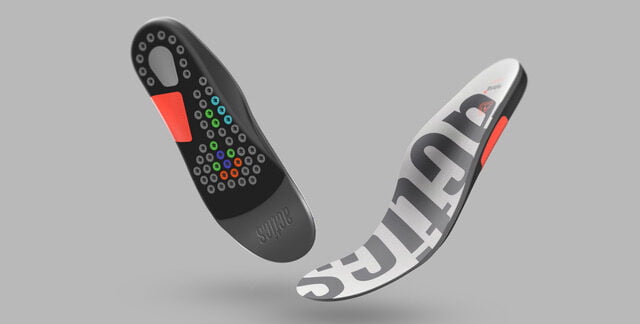
The Hybrid+ insole, developed by Actics Medical, is equipped with built-in sensors that in clinical trials have been able to measure the pressure, temperature and motion of the foot, and present the data in real time in an accompanying app for your smartphone.
The company says the insole is made of pegs and rods that come in different lengths, and that can be adjusted in 52 different ways.
Should the sensors determine that too much pressure is being exerted on a certain part of the foot, the app can instruct the patient to use a specially developed screwdriver to change the insole’s shape within minutes – expanding and contracting to change the way the patient steps, and redistributing the pressure in their foot to help prevent ulceration.
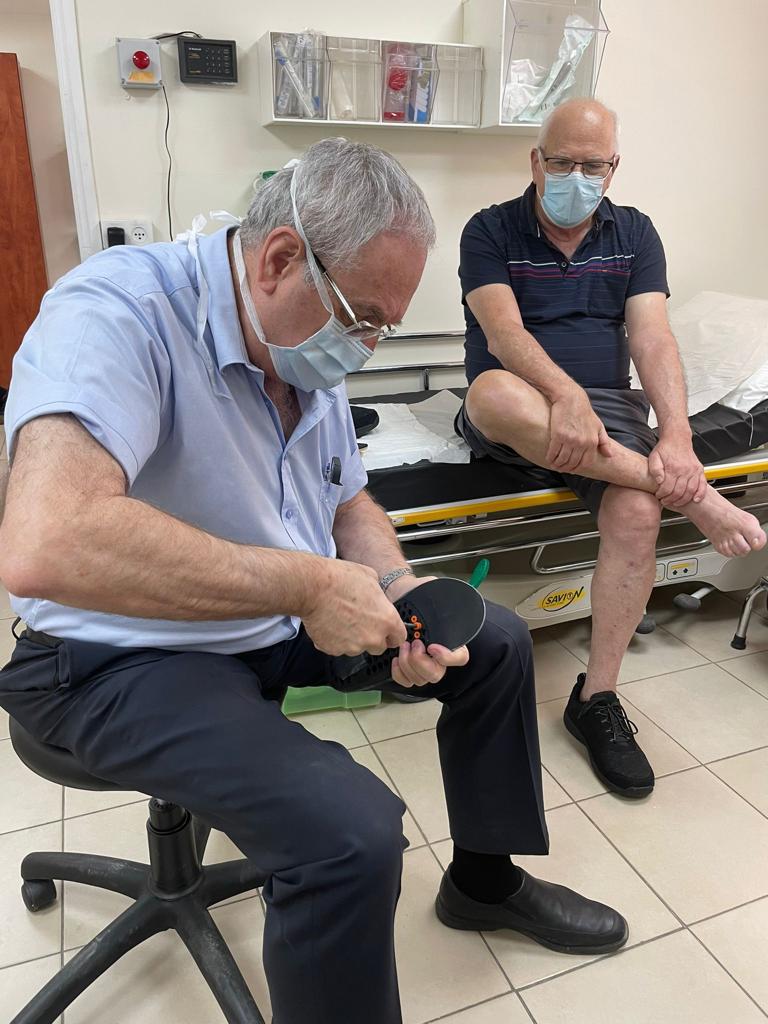
Custom orthotics (insoles) already exist for diabetic patients to prevent foot injuries and ulcerations, but involve a lengthy, multi-stage process that includes making a cast of the patient’s feet. Furthermore, traditional orthotics take time to get used to and cannot be adjusted by the user on the spot.
“The standard of care is custom orthotics, which are passive and fixed,” Ron Machanian, founder and CEO of Actics Medical, tells NoCamels.
“But people are dynamic. We’re constantly changing, and the difference between a regular insole and an insole that can be adjusted a millimeter or two could be what prevents the next ulceration,” he says.
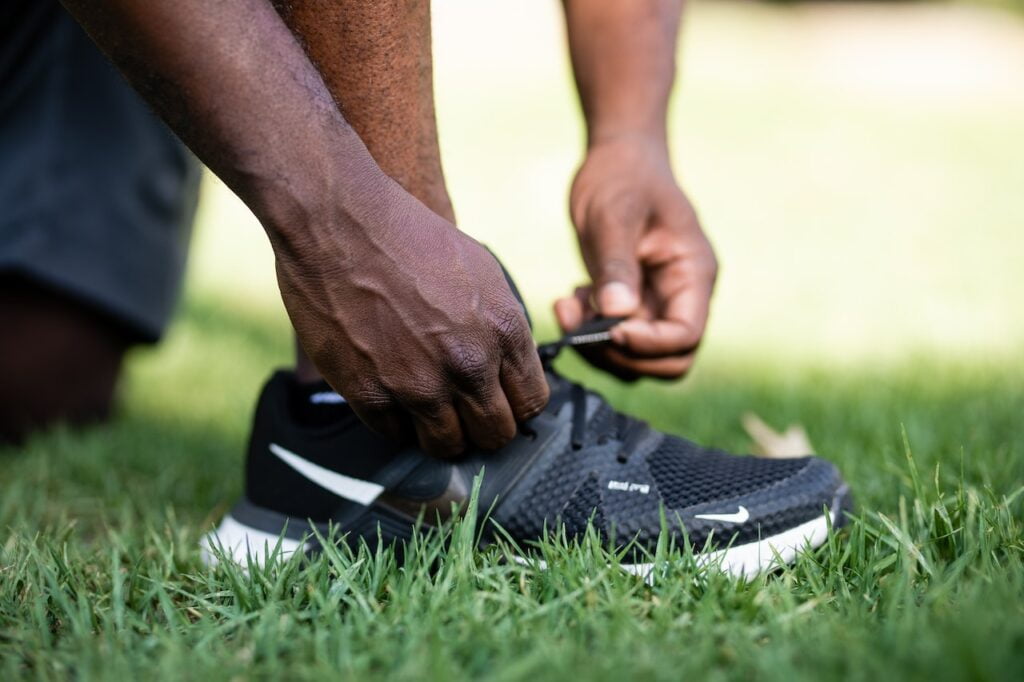
A long-term custom orthotics user, Machanian says he was motivated to create the insole to help himself and others who need them. With a background in engineering, Machanian has extensive experience in the medical field and describes himself as a tech enthusiast with an interest in AI, digital health, and big data.
Sole Solution
The number of people around the world suffering from diabetes is growing rapidly. New estimates by the Lancet medical journal state that by 2050, more than 1.3 billion people worldwide will have diabetes, up from 529 million in 2021.
The total medical cost of managing diabetic foot disorders in the United States alone can reach as high as $60 billion per year, with the economic burden set to rise in proportion to the number of new patients being diagnosed with the disease.
Sign up for our free weekly newsletter
Subscribe
Apart from traditional custom orthotics, several companies have developed their own solutions to DFU.
US-based Podimetrics developed a smart mat that scans a patient’s feet to detect early signs of inflammation in 20 seconds, and alerts their providers so they can take preventative action. And Canada’s Orpyx has also developed a foot insole equipped with sensors to measure the temperature of the foot to determine whether an ulceration is forming.
What sets the Hybrid+ apart from these products, says Machanian, is that the insoles not only monitor the development of an ulceration, but that they can also be adjusted and changed to prevent it from even happening.
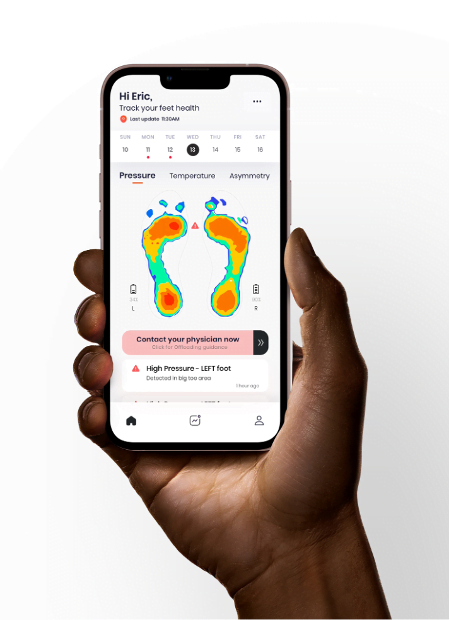
The sensors in the Hybrid+ were validated and verified at the walking and movement laboratory at Hadassah University Medical Center at Mount Scopus in Jerusalem, which uses a gait with pressure map system to provide rehabilitative treatment for orthopedic problems.
The insoles also underwent clinical trials at the Hadassah Medical Center on nine patients with different foot pathologies, where they were found to be highly efficient at identifying and monitoring the disorders, and enabling accurate correction of pressure in the affected areas to treat the clinical problems.
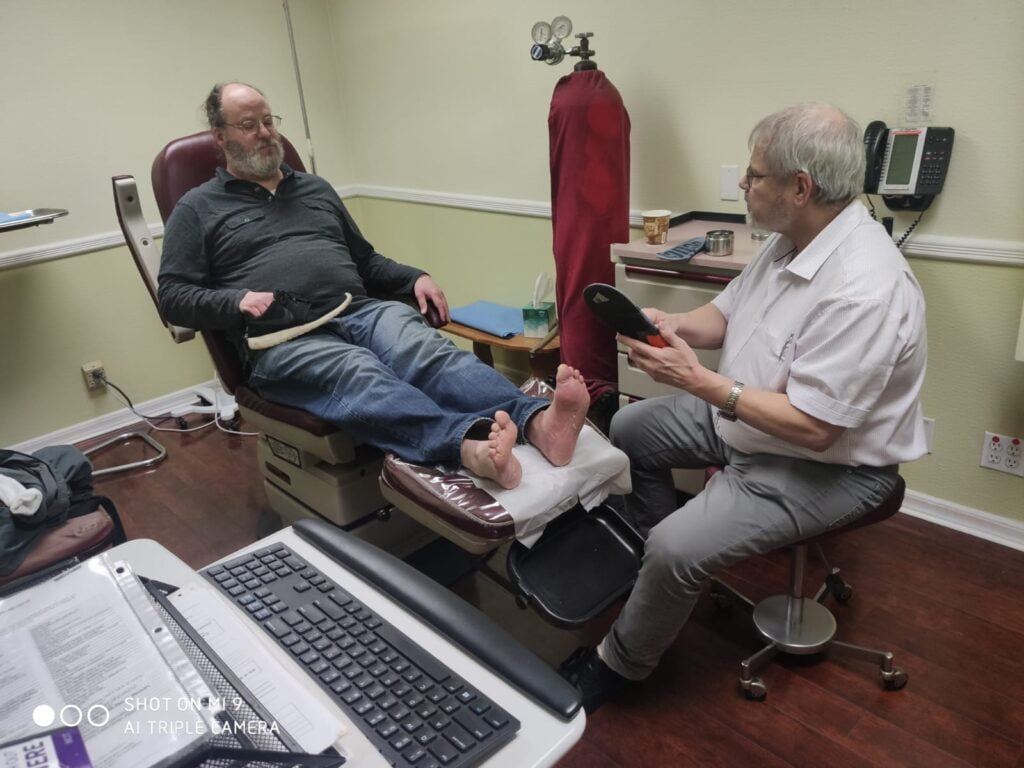
“The wife of one of the patients cried when she saw our innovation,” recounts Machanian.
He says that a new, multi-center clinical trial is set to begin next month at the New York University (NYU) and Hadassah Medical Center. He expects the patent-pending insoles to be available through US insurance as soon as the middle of next year.
The advisory board of the Rehovot-based company, which was founded in 2020, includes Prof. Lew Schon, a renowned food and ankle surgeon and professor of orthopedics at NYU and Johns Hopkins University, and Prof. David G. Armstrong, an podiatric surgeon and researcher known for his work in amputation prevention.
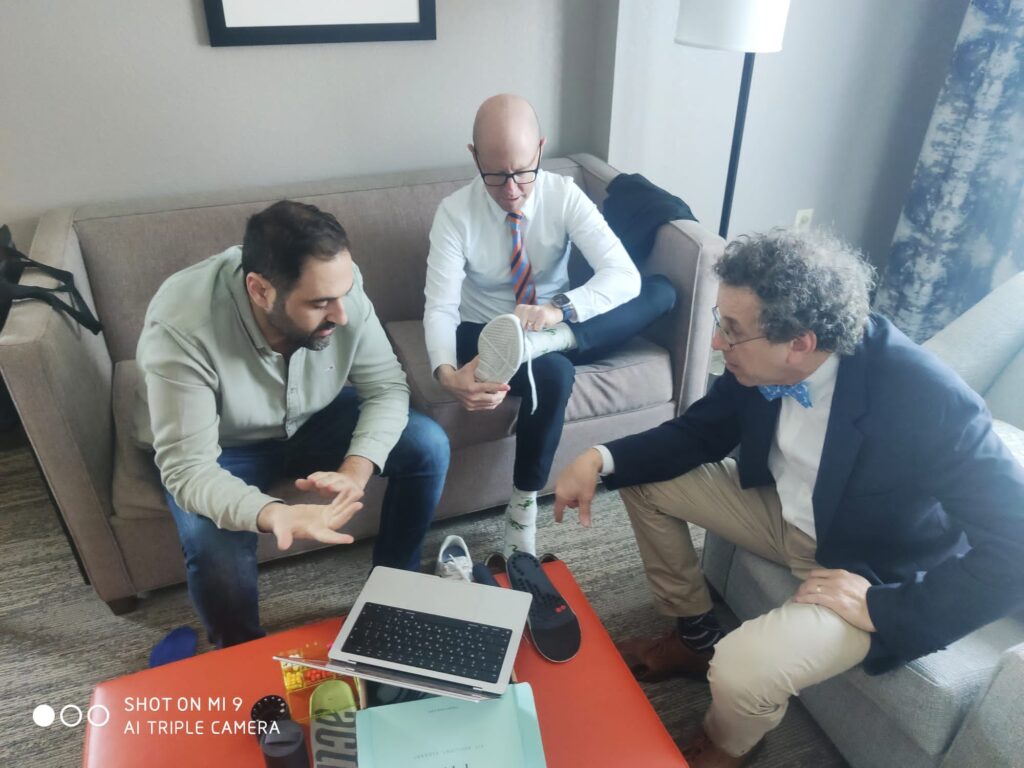
And while the insoles are currently dedicated to preventing DFU, Machanian believes that its potential is wide-ranging in orthopedics, neuromuscular conditions, sports, and even everyday comfort.
According to Machanian, within the next 5 to 10 years, the majority of footwear will incorporate some form of smart technology.
Related posts

Editors’ & Readers’ Choice: 10 Favorite NoCamels Articles

Forward Facing: What Does The Future Hold For Israeli High-Tech?

Impact Innovation: Israeli Startups That Could Shape Our Future


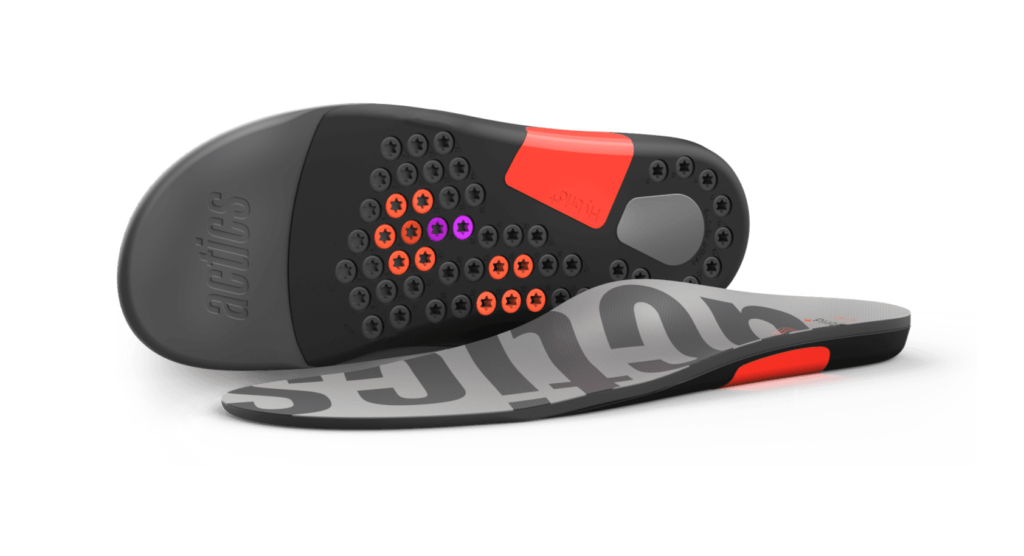

Facebook comments